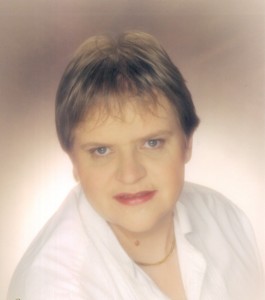Sandra Lawman
Sandra Lawman is a specialist in mental health. Her book Mental Health Care in Japan (co-edited with Ruth Taplin) is published by Routledge.

I lived in Japan from 1980 to 1983. That started my lifelong love for the country. I have worked for Japanese companies and since 2002 have been making connections over the issue of mental health. In 2002 I gave a lecture in Tokyo on the British system and my Masters dissertation at CASS Business School in 2008 was about foundation funding of health and social care in Japan. I have made several visits over the last decade and last year co-produced a book entitled Mental Health Care in Japan (Routledge, June 2012, ed Professor Ruth Taplin and Sandra Lawman).
I have been privileged to contribute in a unique way to the understanding between Japan and Britain and I feel I still have more work to do. I have an empathy with Japanese people and went there initially because I thought the psyche would suit me, which I think proved true. I’m not sure whether Japanese people would agree with me (but I think quite a number do)! My boss at a Japanese company said I had more understanding of Japan than any of the other ‘gaijin’.
Mental health is a vexed issue everywhere, and no less so in Japan. Great strides have been made in the last 15 years or so but more needs to be done to modernise the system and in particular to address the issue of stigma of mentally ill people (as everywhere else, including Britain). I frequently escort visiting Japanese academics and others around health and social care facilities in London and both sides think they have much to learn.
I have had moving and touching experiences in the course of this work, not least from a group of service user activists in Osaka who were pleased they could do what they were doing but felt they were then pigeonholed and it prevented them from doing anything else. I am hoping those issues are now being ironed out. I think some of my Japanese colleagues found it amusing when I got confused over the terms for the illnesses in Japanese but I am getting there with the specialist language and have attended a couple of conferences. I am grateful to the Great Britain Sasakawa Foundation and also Maudsley International for funding a lot of this work.
I am hoping to study this subject further and to try to contribute more to our mutual understanding.
